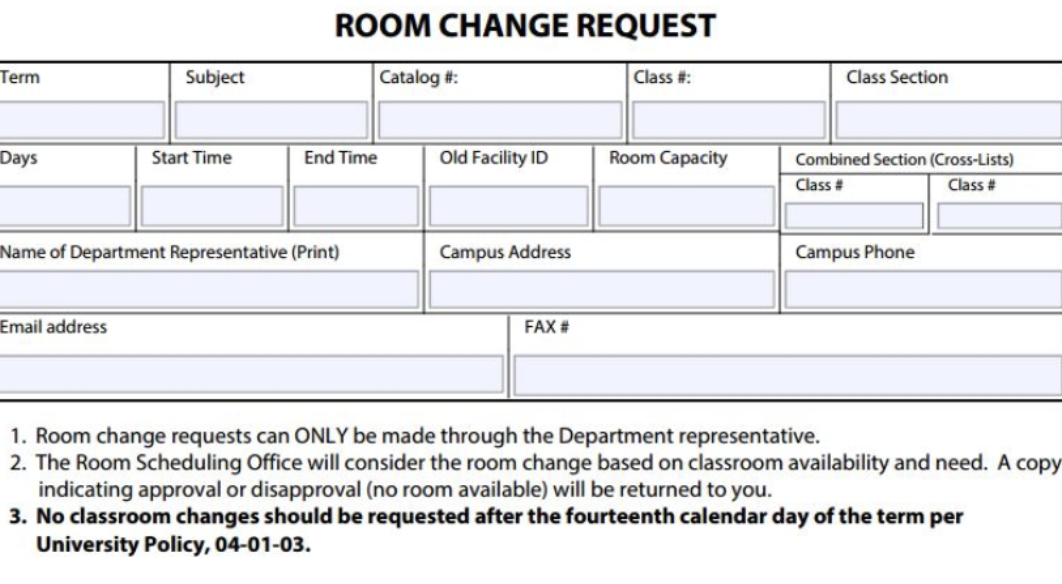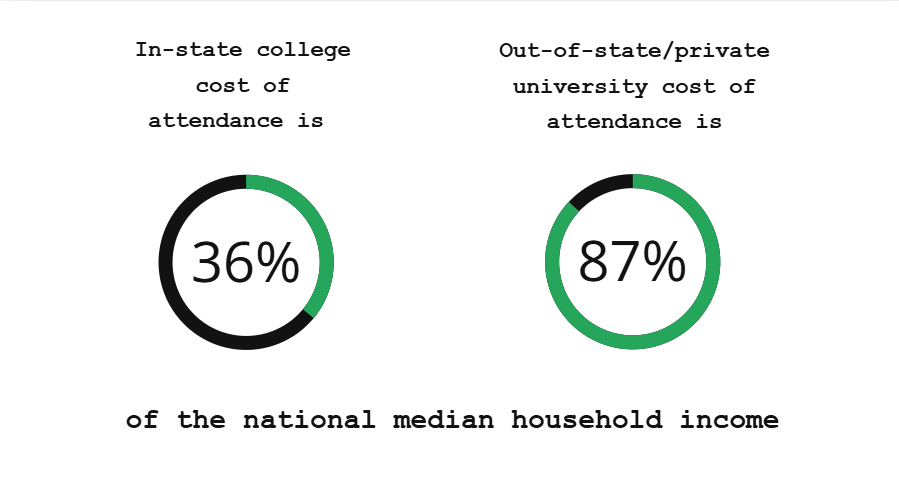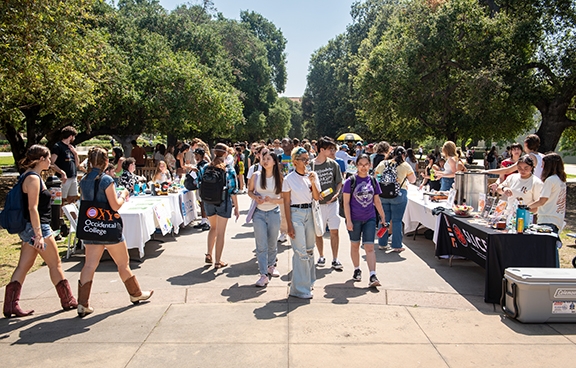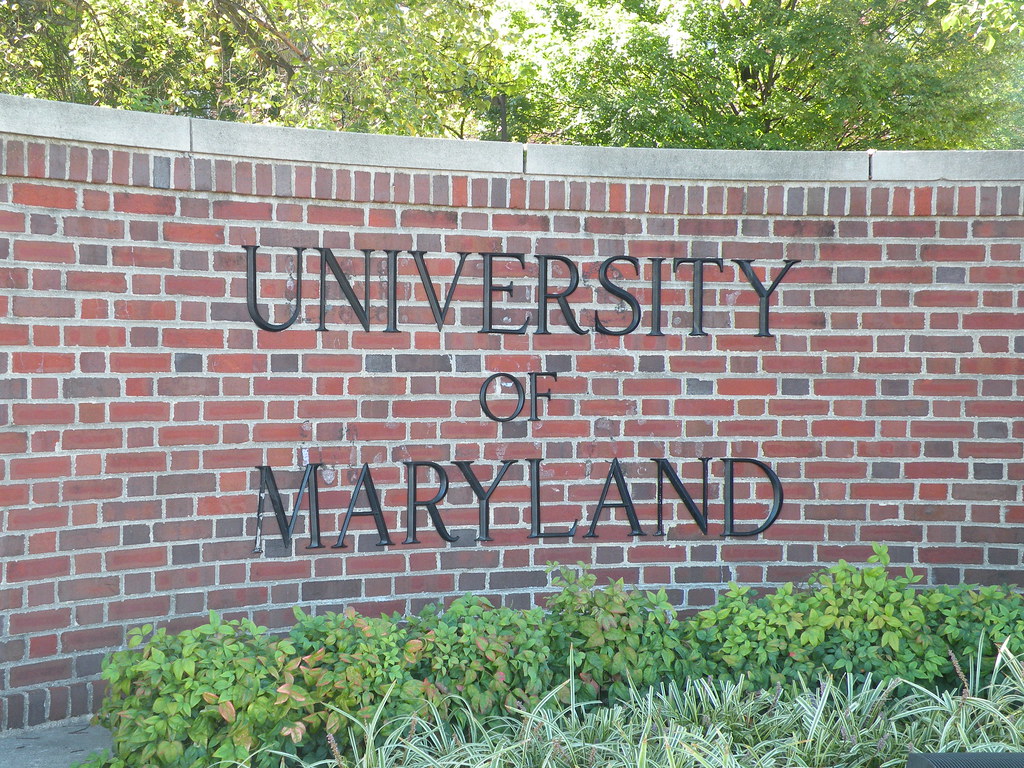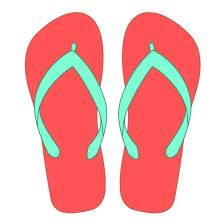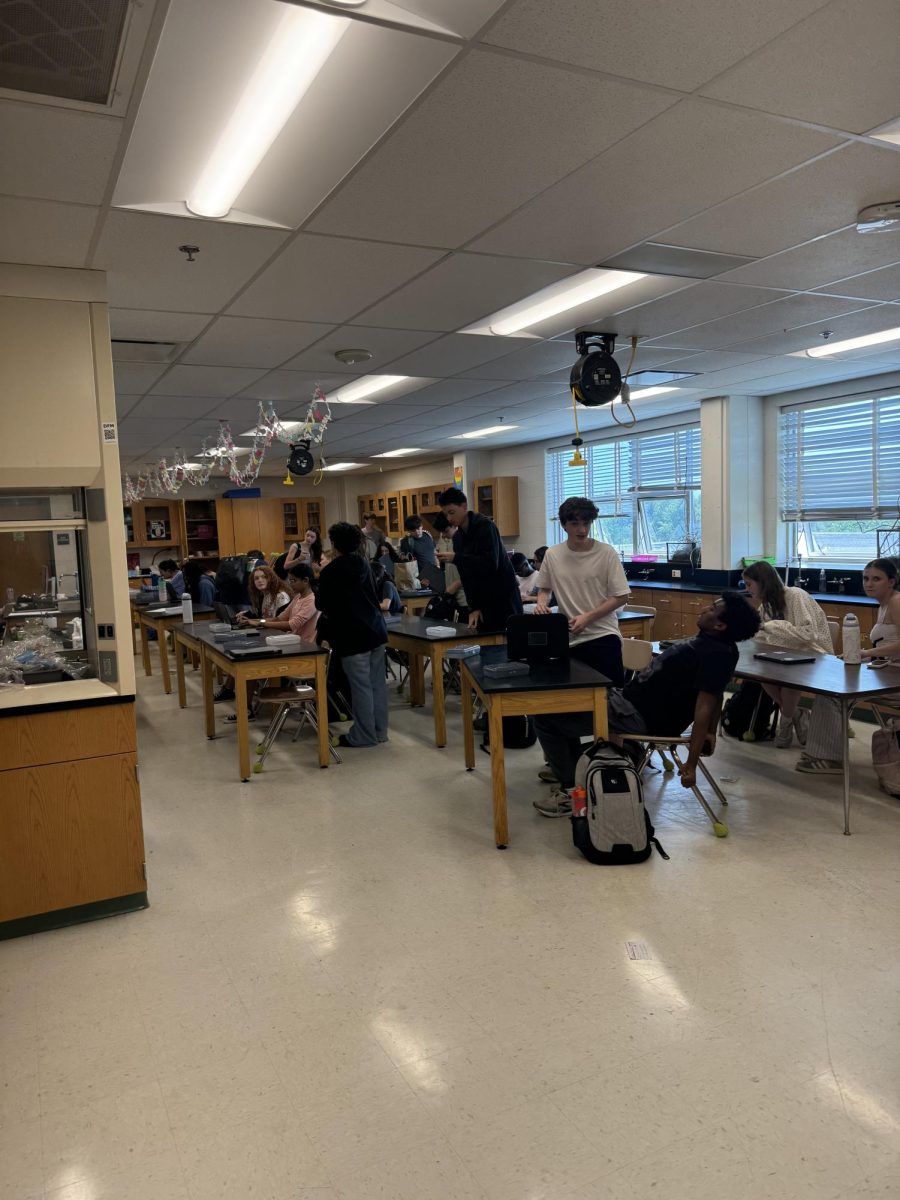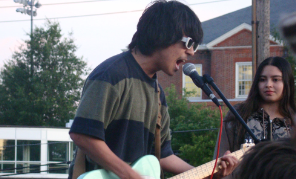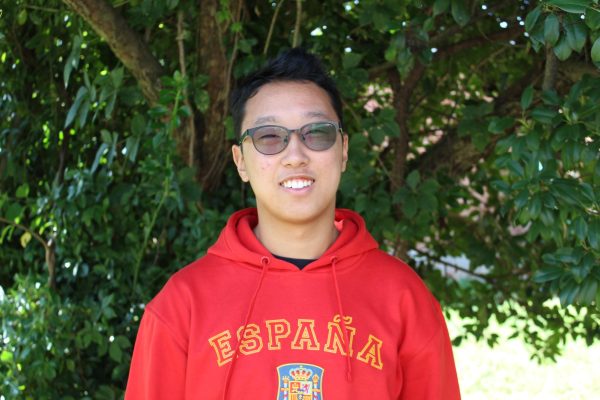When WJ senior Sam Williams applied for the University of North Carolina at Chapel Hill, admissions officers at UNC viewed his race when considering whether or not to accept Williams. Williams, who is now committed to UNC, was subject to the practice of affirmative action, the practice of viewing race in applications and improving minorities’ access to programs and opportunities. It has been particularly prevalent in college admissions, where colleges view applicants’ race in considering whether or not to accept students.
In January, the Supreme Court agreed to take up a new case on affirmative action, its first case since 2016 related to affirmative action. WJ students, like students nationwide, often face affirmative action in their own college applications.
Since the Supreme Court’s decision in University of California v Bakke in 1977, affirmative action has caused controversy across the country. The new case, Student for Free Admissions (SFFA) v Harvard, alleges that Harvard University unfairly discriminates against qualified white and asian applicants, by giving advantages to minority students in the application process. A similar case, SFFA v University of North Carolina, will also be heard, as the two cases were merged into one oral argument session.
The two cases target Title VI of the Civil Rights of 1964, which states that discrimination “on the ground of race, color, or national origin shall not occur in connection with programs and activities receiving Federal financial assistance.” Harvard, like most colleges in the US, receives federal funding, and is subject to the rules of the Civil Rights Act.
Due to the Supreme Court’s conservative leaning, with six conservative justices and three liberal justices, it is suspected that the court will rule in favor of banning affirmative action, with wide impacts for underclassmen who will be applying for colleges within the next couple of years.
Harvard alleges that academics can not be the only factor it views; it must consider other factors, including race, in order to accept the strongest and most qualified students.
“Most applicants have strong test scores and grades; to admit every applicant with a perfect GPA, Harvard would need to expand its class fourfold and reject all other applicants, regardless of their other academic credentials, talents, or life experiences and perspectives. […] to assemble the strongest first-year class, Harvard looks for students who excel beyond academics and who will bring distinctive experiences, perspectives, talents, and interests to campus,” said Harvard in its response to SFFA’s petition.
At WJ, like much of the country, students are divided on the issue.
“The goal of affirmative action, for diversity, is good, but I don’t think that a lot of institutions do it right because favoritism [for minorities] is not affirmative action,” WJ Asian American Student Union Co-President Anna Chen said.
Others view it as a key method of combatting discrimination.
“Affirmative action is beneficial, it helps promote equality of opportunity for minority groups who have been disadvantaged throughout history. Those who say it is ‘reverse discrimination’ have to understand that groups who benefit from affirmative action have not had equality of opportunity for a long time,” freshman Kiran Chaudhry-Bishop said.
Asian American students, who claim to be harmed most by affirmative action, makeup 13.7% of the WJ student body, compared to 5.9% of the population nationwide. In addition, the most common college for Class of 2021 WJ graduates, University of Maryland College Park, also practices affirmative action in its admissions.




